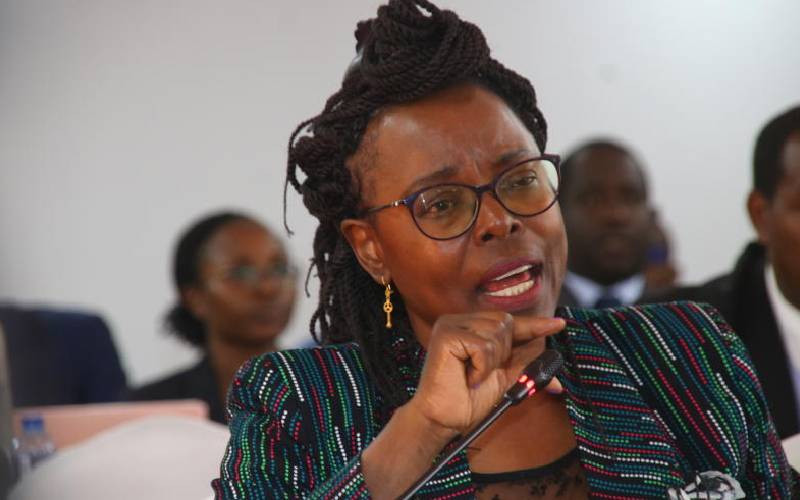×
The Standard e-Paper
Fearless, Trusted News

County governments continue to operate multiple bank accounts, creating an avenue for corruption and irregular expenditure. This is despite being warned several times in the past.
In her County Governments Budget Implementation Review report for the 1st quarter of the 2024/25 financial year, Controller of Budget Margaret Nyakang'o highlighted that the county government received Sh55 billion for the period under review with Sh7.3 billion allocated towards development and Sh47.8 billion towards recurrent expenditure.







